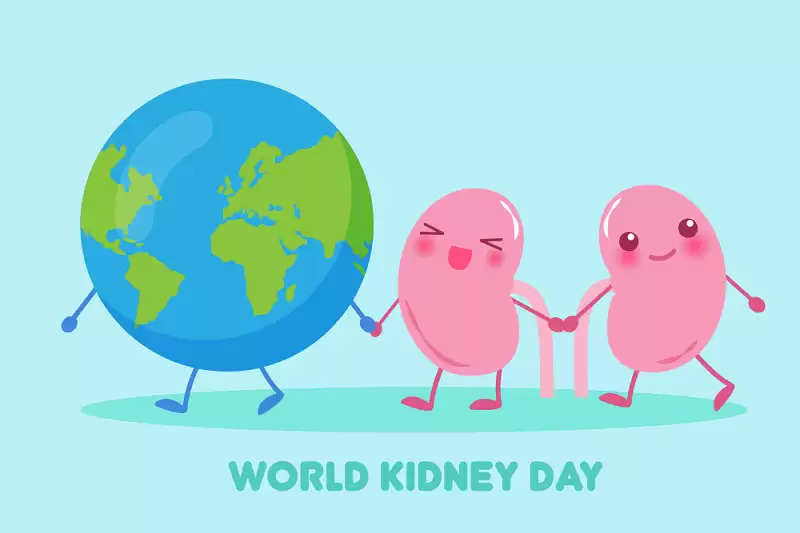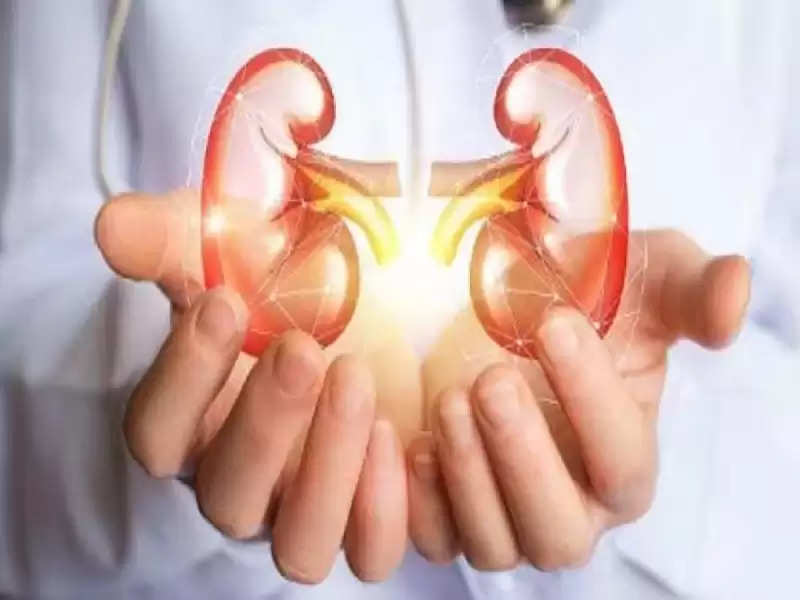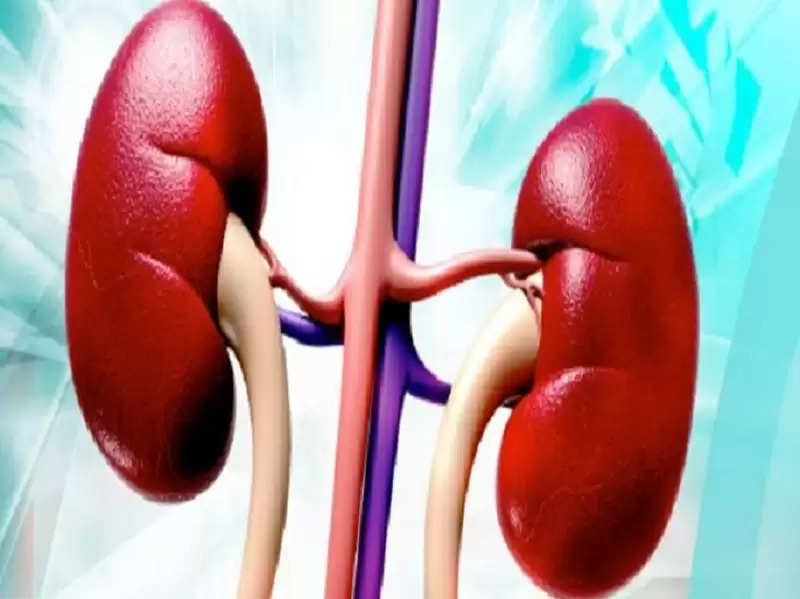World Kidney Day 2023: Who needs a kidney transplant? Does the health of the donor also have an effect...

World Kidney Day 2023: Our kidney filters the waste material from the blood and removes it from the body through urine. The kidney is one of the most important organs of our body, which not only maintains electrolyte balance and also helps us to stay fit and healthy. When both the kidneys present in the body are unable to do their work, then a person needs a transplant.

Why is a kidney transplant done?
People who have kidney failure usually have to undergo dialysis, which is a type of treatment. When dialysis also does not help the patient, then he needs a transplant. In a transplant, one or both kidneys are removed from the patient and replaced with a kidney from a donor.
What happens in a kidney transplant?
Transplant helps the patient avoid dialysis or medicines and even avoid the risk of many types of infections. A person can live a better life after a transplant, although a transplant doesn't need to suit everyone. These usually include people who are suffering from infection or who are overweight.
Many people struggle with bleeding, infection, and pain after the transplant procedure, but these problems are easily managed. There is also a risk of rejection in 5% of patients, which is higher in the first six months after the transplant. In most cases, it is managed with medicines. At the same time, the kidney donor does not need any kind of medicine after the transplant and can lead a healthy life.
Kidney transplant helps in the treatment of chronic kidney disease or end-stage renal disease. This makes the patient feel better and live longer. Compared to dialysis, a kidney transplant has the following advantages:
-life gets better
-lower risk of death
-There are minimal restrictions on eating and drinking
-The cost of treatment is also reduced
What are the risks of a transplant for a donor?
People who are thinking of donating a kidney should also know about some of the risks and benefits associated with it. Although any kind of surgery is a big risk, in which there are many problems ranging from medical risks to a big scar on the body.
-pain after surgery
Pneumonia or infection at the stitch site
-blood clots
-reaction to anesthesia
-need for repeat surgery
-hernia
-bowel obstruction
-leakage from the ureter
-Donated kidney rejection
-Donated kidney failure
-heart attack
-death
-exposure to multiple risk factors throughout life

According to health experts, kidney function declines by 20-30 percent in people who donate. This is because only one kidney does the work of both kidneys. Apart from this also, the donor may have to face such problems:
-high blood pressure
-obesity
-chronic pain
-Diabetes
